If - If 3 (Reissue) (1971/2007)
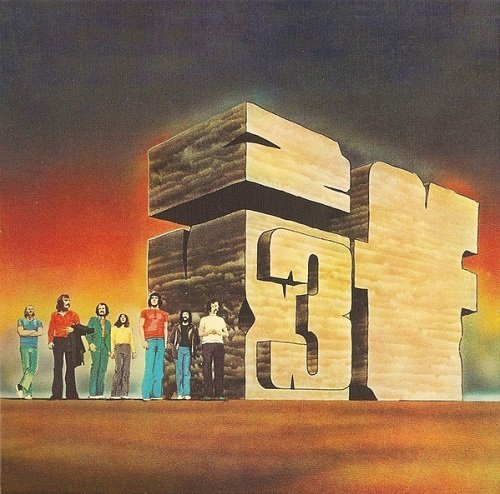
Artist: If
Title: If 3
Year Of Release: 1971/2007
Label: Repertoire Records
Genre: Jazz Rock, Prog Rock
Quality: Mp3 320 / Flac (image, .cue, log) + Flac (image, .cue, 24/96)
Total Time: 49:11
Total Size: 150/346 Mb + 879 Mb (scans)
WebSite: Album Preview
Tracklist:Title: If 3
Year Of Release: 1971/2007
Label: Repertoire Records
Genre: Jazz Rock, Prog Rock
Quality: Mp3 320 / Flac (image, .cue, log) + Flac (image, .cue, 24/96)
Total Time: 49:11
Total Size: 150/346 Mb + 879 Mb (scans)
WebSite: Album Preview
1. Fibonacci's Number (Quincy) – 7:38
2. Forgotten Roads (Quincy, Preston) – 4:23
3. Sweet January (Quincy, Preston) – 4:30
4. Child Of Storm (Quincy, Hodkinson) – 3:39
5. Far Beyond (Mealing, Preston) – 4:57
6. Seldom Seen Sam (Smith, Hodkinson) – 4:50
7. Upstairs (B. Morrissey, D. Morrissey) – 4:52
8. Here Comes Mr. Time (Mealing, Preston) – 4:43
Bonus Tracks:
9. Forgotten Roads (Single Version) (Preston, Quincy) – 4:03
10.Far Beyond (Single Version) (Mealing, Preston) – 3:53
Dennis Elliott - Drums
J.W. Hodkinson - Vocals
John Mealing - Keyboards, Vocals
Dick Morrissey - Saxophones, Flute
Dave Quincy - Saxophones
Jim Richardson - Bass
Terry Smith - Guitar
IF was a seminal jazz-rock band formed in 1969 as Britain's answer to the pioneering US bands Blood, Sweat and Tears and Chicago. The main difference was that IF did not have a trumpet or trombone player and featured two saxes instead. Essentially a live band, true to its strong jazz influences IF was probably the only jazz-rock group, both then and now, to feature solos by all the band members, not just by the lead instruments.
They toured extensively in Europe and the States during the early Seventies, performing at most of the major venues and festivals of the day (Newport, Reading, Fillmores East & West, Whiskey A-Go-Go, The Marquee, etc.) and shared billings with, amongst others, Miles Davis, Muddy Waters, Willie Dixon and Leon Russell as well as many of the classic rock bands of the day, such as Cream, Traffic, Yes, Black Sabbath, Grand Funk Railroad, Ten Years After, KISS, Dr. Hook and the Medicine Show, and Lynyrd Skynyrd.
Like the early Chicago, they were difficult to classify with any of their contemporaries; they seemed out of place wherever they played, and were considered too jazzy when billed with groups with a more rock orientation and too bluesy or loud when billed with more jazz-oriented bands.
IF thus became one of the most highly-acclaimed groups of the Seventies to never quite make the big time, despite good record sales and full venues. The band was managed and its albums produced by Lew Futterman, who had previously produced US jazz/soul stars Brother Jack McDuff and J.J. Jackson, amongst others. Signed on by Chris Blackwell, an enthusiastic early fan, to Island Records in the UK and to Capitol Records in the US, their first album, IF (1970), entered the charts in both the States (Billboard) and the UK, as well as winning a design award for its cover, and was followed that same year by IF 2, also released on Island and Capitol.
The albums IF 3 (1971) and IF 4 aka "Waterfall" (1972) were accompanied by heavy touring schedules in the States and Europe, especially in Britain and Germany, where the band appeared on TV (BBC's Top of the Pops/Old Grey Whistle Test in the UK and one of their tracks was used as a signature tune for the news in Germany). Finally, in the summer of 1972, the band had to come off the road in the middle of a US tour when Dick Morrissey was admitted to hospital for major surgery. As a result of the break-up, the band members went off to work on other projects.
They toured extensively in Europe and the States during the early Seventies, performing at most of the major venues and festivals of the day (Newport, Reading, Fillmores East & West, Whiskey A-Go-Go, The Marquee, etc.) and shared billings with, amongst others, Miles Davis, Muddy Waters, Willie Dixon and Leon Russell as well as many of the classic rock bands of the day, such as Cream, Traffic, Yes, Black Sabbath, Grand Funk Railroad, Ten Years After, KISS, Dr. Hook and the Medicine Show, and Lynyrd Skynyrd.
Like the early Chicago, they were difficult to classify with any of their contemporaries; they seemed out of place wherever they played, and were considered too jazzy when billed with groups with a more rock orientation and too bluesy or loud when billed with more jazz-oriented bands.
IF thus became one of the most highly-acclaimed groups of the Seventies to never quite make the big time, despite good record sales and full venues. The band was managed and its albums produced by Lew Futterman, who had previously produced US jazz/soul stars Brother Jack McDuff and J.J. Jackson, amongst others. Signed on by Chris Blackwell, an enthusiastic early fan, to Island Records in the UK and to Capitol Records in the US, their first album, IF (1970), entered the charts in both the States (Billboard) and the UK, as well as winning a design award for its cover, and was followed that same year by IF 2, also released on Island and Capitol.
The albums IF 3 (1971) and IF 4 aka "Waterfall" (1972) were accompanied by heavy touring schedules in the States and Europe, especially in Britain and Germany, where the band appeared on TV (BBC's Top of the Pops/Old Grey Whistle Test in the UK and one of their tracks was used as a signature tune for the news in Germany). Finally, in the summer of 1972, the band had to come off the road in the middle of a US tour when Dick Morrissey was admitted to hospital for major surgery. As a result of the break-up, the band members went off to work on other projects.
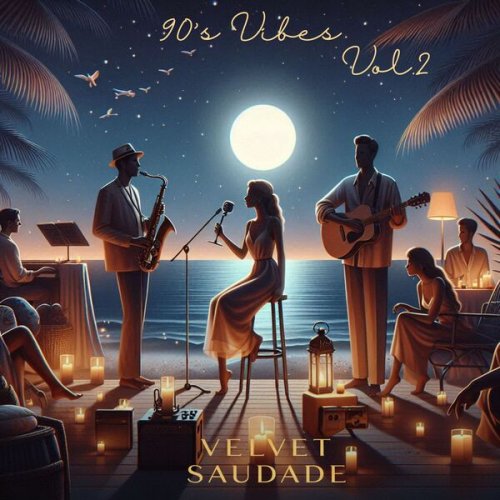

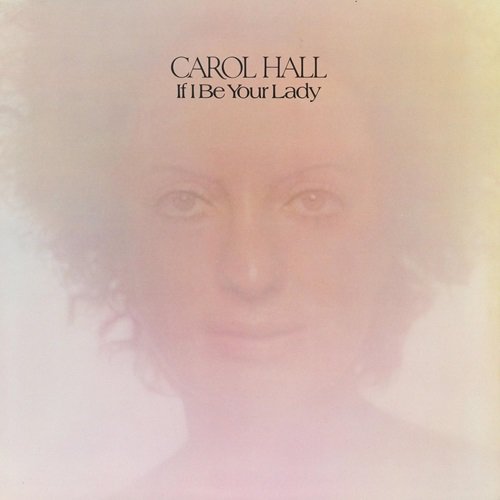
![Antonio Faraò & Stéphane Belmondo - Do it! (2026) [Hi-Res] Antonio Faraò & Stéphane Belmondo - Do it! (2026) [Hi-Res]](https://www.dibpic.com/uploads/posts/2026-02/1772037177_1.jpg)
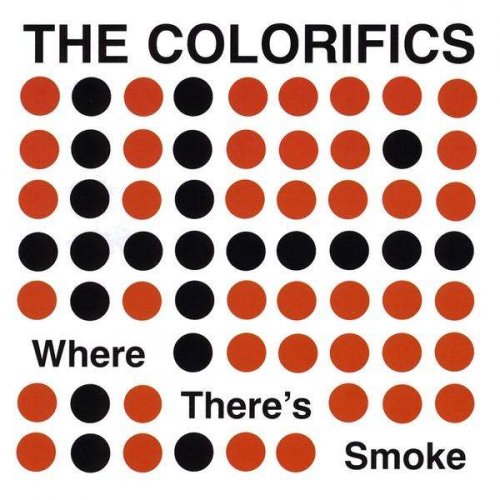
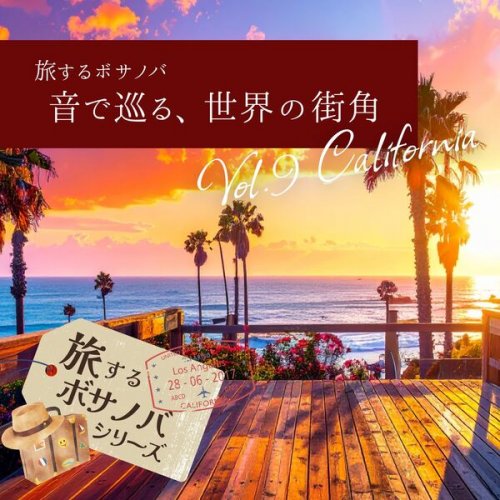
![Wes Montgomery - Full House (Remastered 2026 / Live At Tsubo / 1962) (1962) [Hi-Res] Wes Montgomery - Full House (Remastered 2026 / Live At Tsubo / 1962) (1962) [Hi-Res]](https://www.dibpic.com/uploads/posts/2026-02/1772124946_cover.jpg)
![Yannick Peeters, Frans van Isacker, Frederik Leroux & Tom Rainey - Smalltalk Code (2026) [Hi-Res] Yannick Peeters, Frans van Isacker, Frederik Leroux & Tom Rainey - Smalltalk Code (2026) [Hi-Res]](https://www.dibpic.com/uploads/posts/2026-02/1772112309_byqbmx6vl2tua_600.jpg)
